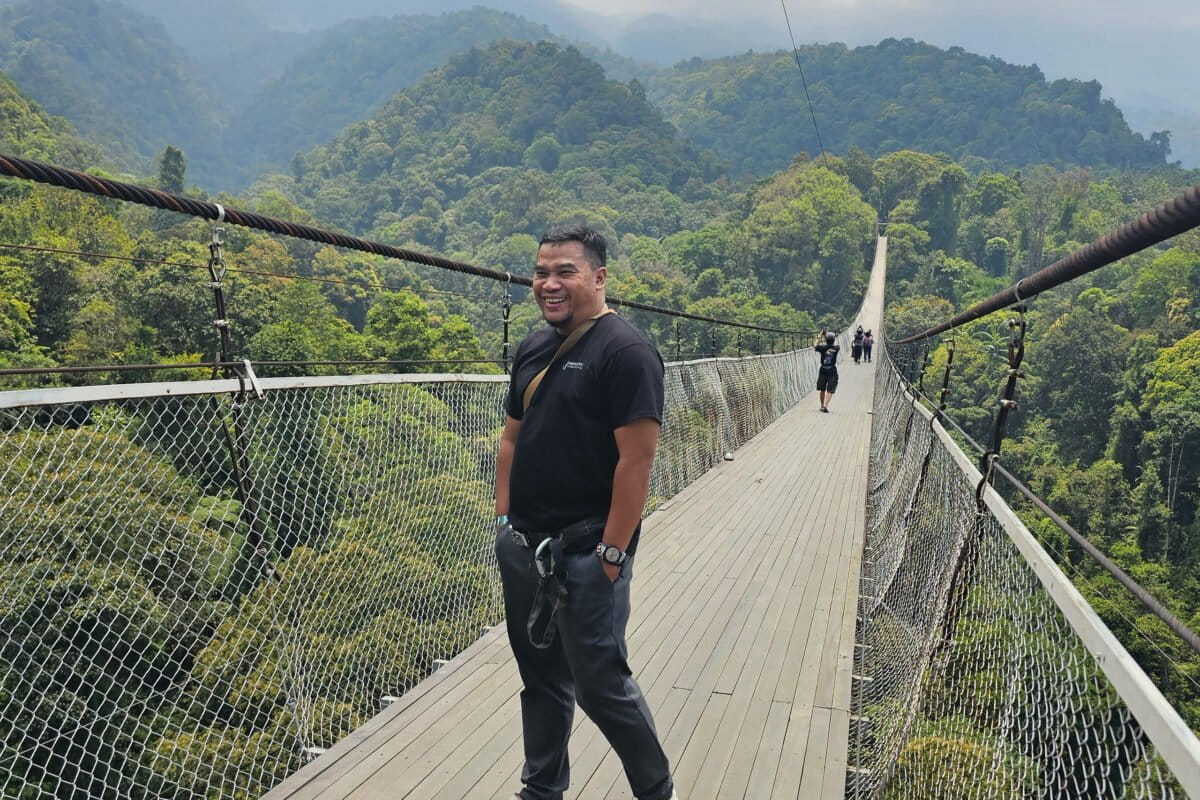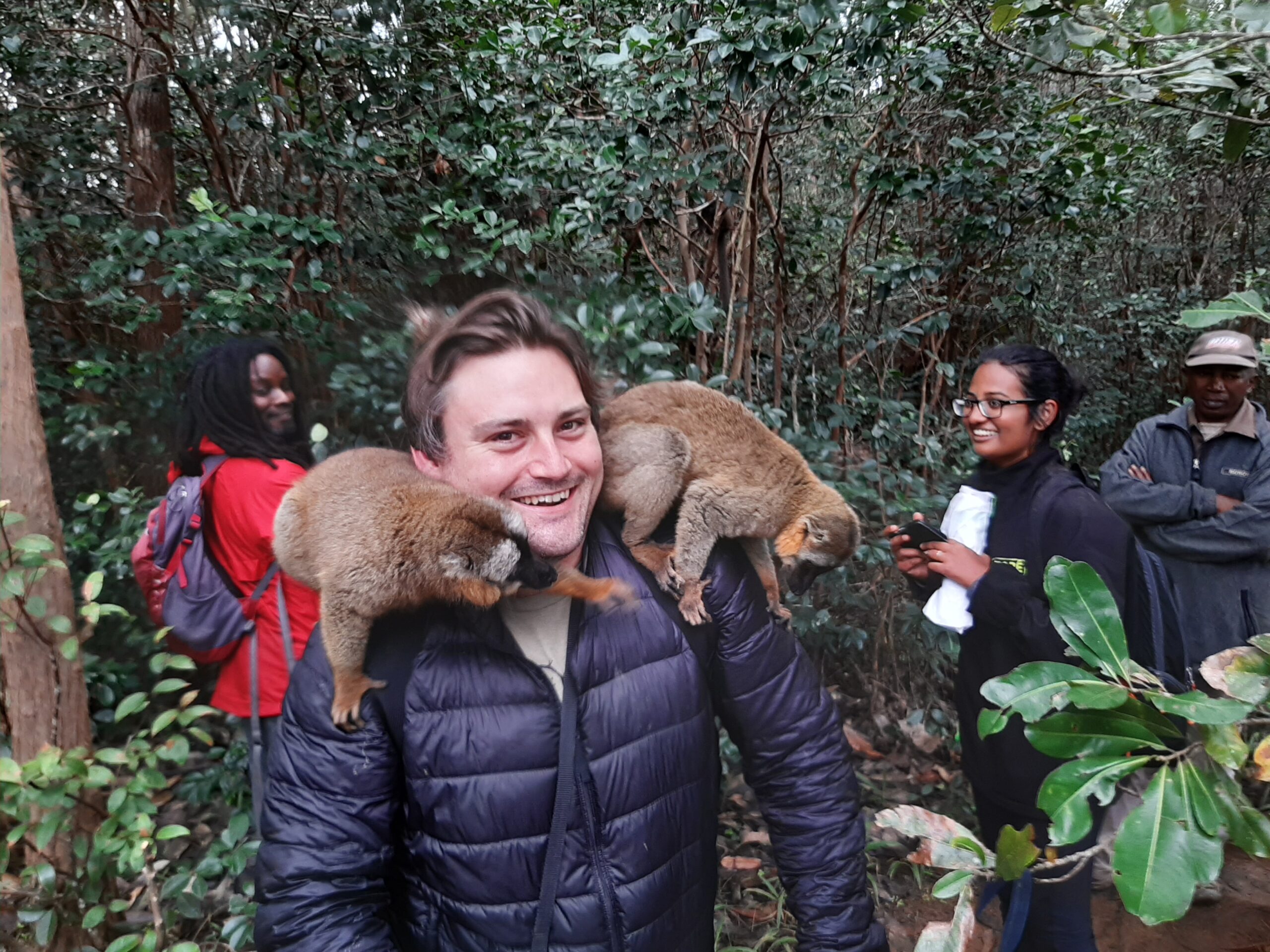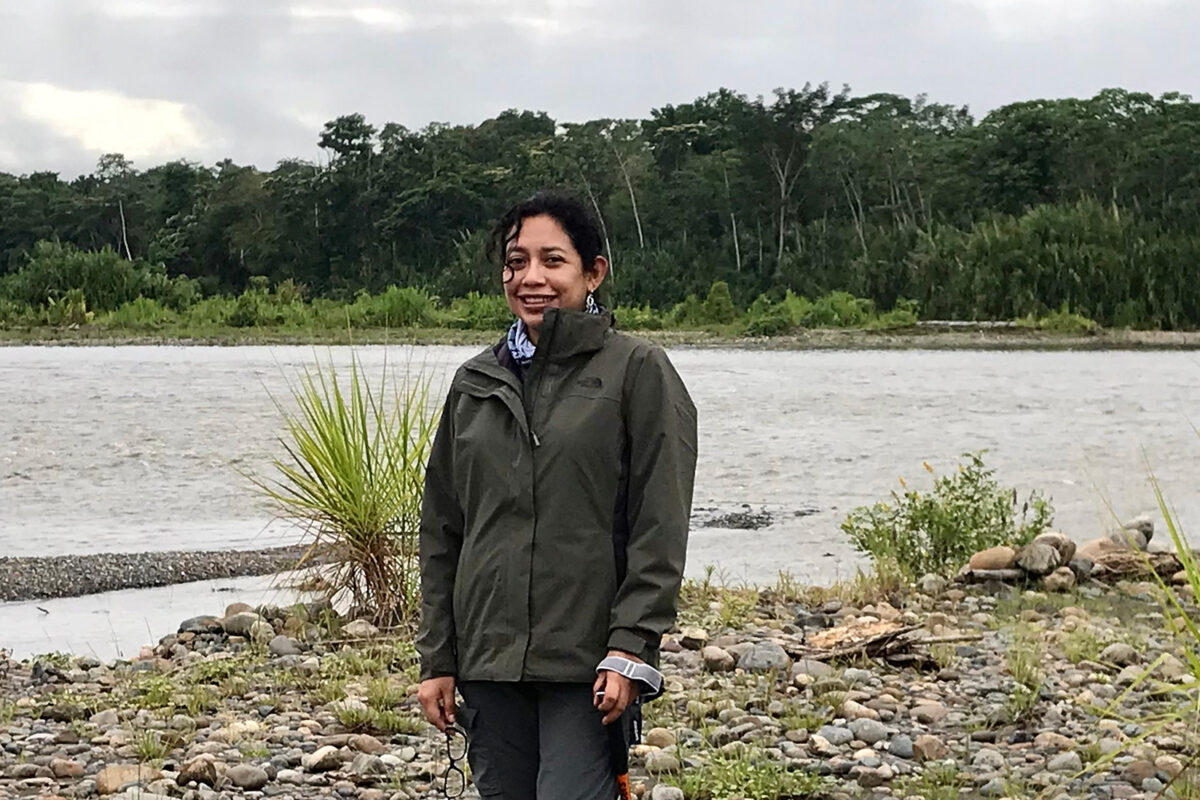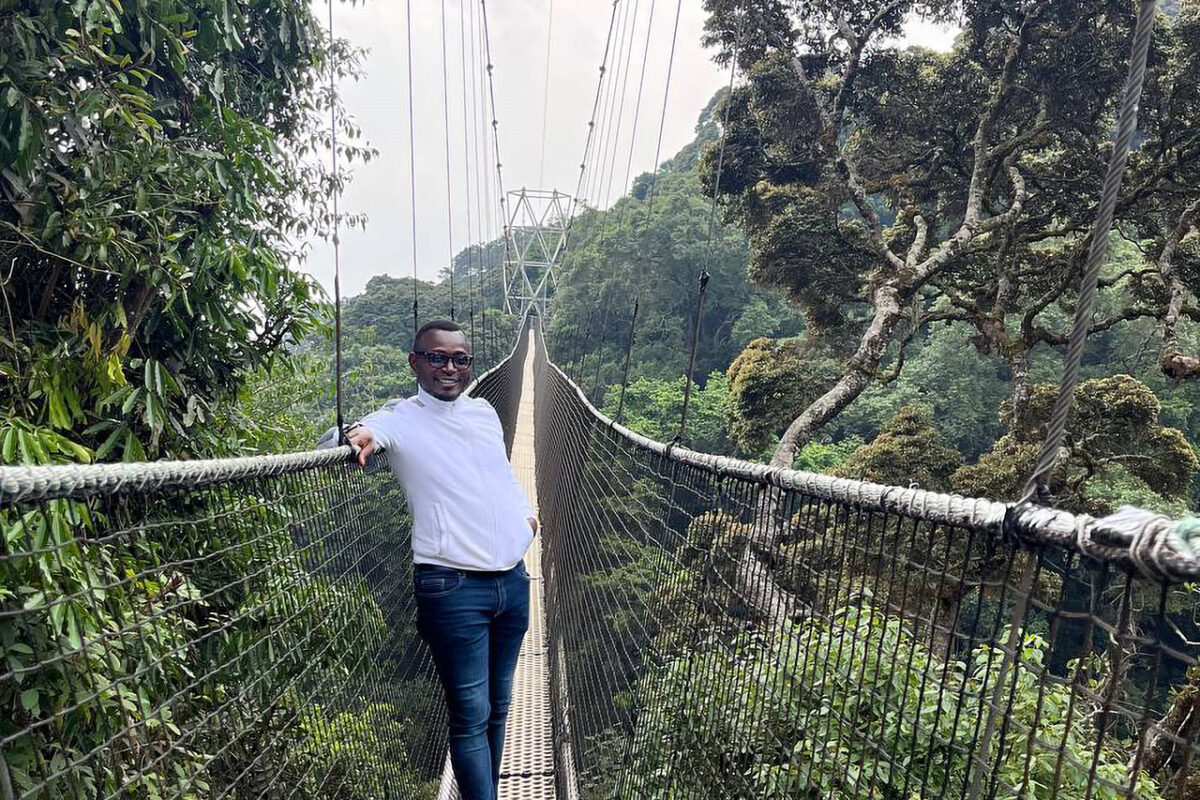- Despite some progress, negotiations on a binding global treaty to deal with plastic pollution has yet to be finalized.
- The reliance on consensus is slowing down negotiations, as disagreements remain between states in favor of reducing the production of virgin plastic and those prioritizing waste management.
- Countries from the Global South and NGOs such as GRID-Arendal are advocating for the adoption of an ambitious, legally binding treaty that accounts for the full life cycle of plastics.
GENEVA — Delegates, experts, and stakeholders from 184 countries and 619 organizations are determined to finalize the treaty on plastic pollution, including in the marine environment.
They made this clear at the opening of the second part of the fifth session of the Intergovernmental Negotiating Committee (INC 5.2), tasked with drafting this instrument, which is being held from Aug. 5 to 14 in Geneva, Switzerland.
“We are here today to fulfill an international mandate. This is a unique and historic opportunity for the international community to overcome differences and find common ground,” said Luis Vayas Valdivieso, Chair of the Intergovernmental Negotiating Committee (INC), at the opening of the session.
Speaking at the opening as well, Inger Andersen, Executive Director of the United Nations Environment Programme, stated, “Plastic pollution is already present in nature, in our oceans, and even in our bodies. If we continue on this path, the entire world will drown in plastic pollution, which will have significant consequences for our planetary, economic, and human health.”
She added, “But this should not be our future. Together, we can meet this challenge. The adoption of a treaty text is the first step in the fight against plastic pollution for all, everywhere in the world.”
The difficulty with consensus
At the previous negotiating session, in Busan, South Korea in 2024, despite a majority of parties supporting reduced production of plastic, the meeting was unable to reach an agreement. A “High Ambition Coalition” of more than 60 countries co-chaired by Rwanda and Norway, had called for a global, legally binding reduction in the production of virgin plastic, capping its production and including strict restrictions on chemical substances.
A number of major oil- and plastic-producing countries, however, strongly opposed this, preferring to focus the treaty on waste management, recycling and technological innovations rather than curbing production.

Alexandra Harrington chairs the plastic pollution task force set up by the World Commission on Environmental Law of the IUCN, the global conservation authority. She told Mongabay at the Geneva conference that the U.N. practice of achieving consensus before adopting agreements of this kind is an obstacle, as an objection raised by even one country can block an agreement endorsed by all the others.
“[E]ssentially, plastic pollution is an extremely complex subject and many states have differing interests throughout the plastics’ life cycle,” Harrington said. “It is therefore very complicated to achieve a unanimous agreement on every element of the treaty using the consensus principle.”
However, the Rules of Procedure of the Intergovernmental Negotiating Committee allow the body to proceed with a vote when all efforts to reach a consensus have been exhausted, as stipulated in Article 38: 1-2 of the Committee, even though this article has not been formally adopted and is applied provisionally and sometimes contested during negotiations.
“The Intergovernmental Negotiating Committee decided, during its first session, to apply the rules of procedure provisionally: this decision has legal value. Rule 38.1, according to which the INC can make substantive decisions by a two-thirds majority, was contested by Saudi Arabia and a few other countries, notably during INC-2 in Paris. However, this rule remains in force,” says Magnus Løvold, a specialist in international negotiations at the Norwegian Academy of International Law (NAIL).

At a press conference, Vayas Valdivieso said the committee would continue to work with a consensus-based approach. “We are not preparing for a vote, our mindset is to be able to reach an agreement in a cooperative manner. We have worked with this constructive spirit during previous INC sessions, including at the INC-4 in Ottawa, where negotiations began,” he told journalists.
“Although we have encountered obstacles in the negotiation text, a collaborative spirit and compromise between member states was evident. I said it then and I repeat it today: this constructive, consensus-based approach strengthens the agreement and lays the foundation for an international instrument,” he said.
The main points of division for the 3,000 participants in the current round of negotiations to resolve include the definition of the term “plastic life cycle,” the transition to a plastic-free world, and the key issue of regulating the continued production of new plastic.
Some experts in attendance say that given the risk of further deadlock, resorting to a vote should not be ruled out. Løvold told Mongabay that consensus is an ideal that’s particularly important when negotiating a globally binding treaty, but delegates put themselves in a difficult position when this is treated as a requirement.
“If a vote were to take place at [the Geneva conference], I think it would be a response to repeated obstruction tactics by a small group of plastic-producing countries. If it becomes clear that there is no other way forward, then I believe a vote will be seen as the final legitimate solution,” he said.
“A strong treaty, signed and implemented by a large group of plastic-consuming countries could significantly reduce plastic pollution, for example by eliminating the market of highly polluting plastics,” he added. “Therefore, it would also have an impact on producing countries, even if they choose not to join the treaty.”

The role of African countries
Countries from the Global South have clearly stated their position, which is to limit virgin plastic production. Mongabay asked Løvold whether these countries have the capacity to join the push for a strong treaty.
“Absolutely. The countries of the Global South represent an overwhelming majority of the INC members. By building interregional alliances and clearly expressing their support for a vote, they can, to a large extent, influence the proceedings of the negotiations. We’ve seen countries from the Global South do this successfully in other processes, including in the ongoing negotiations on the U.N. Tax Convention or in the Pact for the Future,” he said.
NGOs such as GRID-Arendal, based in Norway, say they also support an ambitious and inclusive approach to these negotiations. As the session began, GRID-Arendal published a press release calling for an ambitious, legally binding treaty that covers the entire life cycle of plastics.
“Incinerating or recycling will not be enough to solve this problem. A truly transformative agreement must also reduce the amount of plastic produced and ensure that what is being produced is safe and sustainable. A partial agreement that ignores the root causes of plastic pollution would be a missed opportunity for real change,” it said in its press release.
“We have a unique, once-in-a-lifetime opportunity to solve this crisis,” said Karen Landmark, managing director of GRID-Arendal, which specializes in capacity-building in developing countries to better manage environmental issues. “The world is watching us and expecting results.”
Banner image: View of a beach covered in plastic waste on Santa Luzia Island, in Cape Verde. Most of the waste comes from fishing: nets, buoys and plastic bottles, among others. Atlantic winds and currents aggregate the waste on the northern part of the island. Image courtesy of CaptainDarwin.
This article was first published here in French on Aug. 6, 2025.














